
In today’s fast-paced and demanding world, stress has become a common part of our lives. The constant pressure to perform, meet deadlines, and juggle multiple responsibilities can take a toll on our mental and physical well-being. However, there is a powerful tool that can help us navigate through these challenges with greater ease and grace – mindfulness.
Mindfulness is the practice of being fully present and aware of the present moment, without judgment. It involves paying attention to our thoughts, emotions, and sensations, and cultivating a sense of balance and calmness. Through mindfulness meditation, we can train our minds to become more resilient to stress, and develop the ability to relax and find inner peace even in the midst of chaos.
Research has shown that mindfulness enhances our resilience to stress by rewiring the brain and improving our ability to regulate emotions. Regular practice of mindfulness meditation increases the size of the prefrontal cortex, the area of the brain responsible for executive functions such as attention, decision-making, and emotional regulation. This leads to a greater capacity to stay focused, make clear-headed decisions, and respond to stressors in a more adaptive way.
Moreover, mindfulness promotes relaxation and reduces the physiological effects of stress on the body. When we are stressed, our body goes into “fight or flight” mode, releasing stress hormones such as cortisol and adrenaline. These hormones can have detrimental effects on our health if they are constantly elevated. However, research has shown that mindfulness meditation activates the relaxation response, triggering the release of endorphins and promoting a state of calmness and relaxation.
Mindfulness: A Powerful Tool

Mindfulness is a powerful tool that can greatly enhance resilience to stress. By cultivating a state of awareness and self-care, mindfulness allows individuals to navigate through challenging situations with calmness and balance.
Through the practice of meditation and mindfulness techniques, individuals can develop the ability to stay present and focused, even in the face of stress. This heightened awareness enables them to recognize and acknowledge their emotions, thoughts, and physical sensations without judgment.
By being fully present in the moment, individuals can better understand their reactions to stress and choose healthier coping mechanisms. This self-awareness helps them to respond to stressful situations with greater clarity and composure.
Mindfulness also promotes a sense of calmness and tranquility, which can counteract the negative effects of stress on the mind and body. By cultivating a regular mindfulness practice, individuals can create a space of peace and relaxation within themselves, allowing them to recharge and rejuvenate.
Furthermore, mindfulness helps to create a sense of balance in life. By practicing mindfulness, individuals can become more attuned to their needs and prioritize self-care. This includes taking breaks, engaging in activities that bring joy and relaxation, and setting boundaries to protect their well-being.
In summary, mindfulness is a powerful tool that enhances resilience to stress by promoting self-awareness, calmness, and balance. By incorporating mindfulness into daily life, individuals can navigate through stress with greater ease and maintain their well-being.
The Definition of Mindfulness
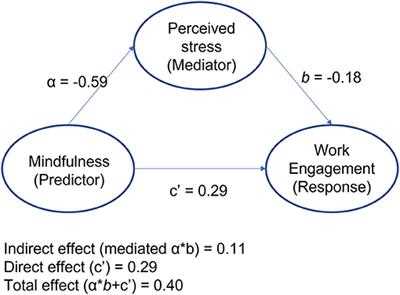
Mindfulness is a state of calmness and awareness that involves paying attention to the present moment without judgment. It is a form of self-care that promotes mental and emotional well-being. Mindfulness can be practiced through various techniques such as meditation, deep breathing, and relaxation exercises.
By cultivating mindfulness, individuals can develop resilience to stress and enhance their ability to cope with challenges. Mindfulness helps to create a balance between the mind and body, allowing individuals to better manage their emotions and reactions to stressful situations.
Practicing mindfulness involves focusing on the sensations of the present moment, such as the breath, bodily sensations, and thoughts and emotions that arise. It is about being fully present and engaged in the current experience, rather than being caught up in worries about the past or future.
Through regular practice, mindfulness can help individuals develop a greater sense of self-awareness and acceptance. It allows individuals to observe their thoughts and emotions without judgment or attachment, creating a sense of inner calm and clarity.
In conclusion, mindfulness is a powerful tool for promoting resilience and managing stress. By incorporating mindfulness practices into daily life, individuals can cultivate a greater sense of balance and well-being, ultimately enhancing their ability to cope with life’s challenges.
The Benefits of Mindfulness

Mindfulness offers numerous benefits that can enhance overall well-being and resilience to stress. By practicing mindfulness, individuals can experience a sense of calmness and inner peace, allowing them to navigate through stressful situations with greater ease.
One of the main benefits of mindfulness is increased self-awareness. Through mindfulness meditation, individuals learn to observe their thoughts and emotions without judgment. This heightened awareness helps them recognize and understand their reactions to stress, enabling them to respond in a more balanced and constructive manner.
Mindfulness also promotes relaxation and stress reduction. By focusing on the present moment and engaging in deep breathing exercises, individuals can activate their body’s relaxation response. This helps to alleviate physical tension and promote a state of relaxation, even in the face of stressful circumstances.
Furthermore, mindfulness encourages self-care and self-compassion. By taking the time to engage in mindfulness practices, individuals prioritize their mental and emotional well-being. This allows them to better manage stress and maintain a healthy work-life balance.
In addition to these benefits, research has shown that mindfulness can improve cognitive function and attention span. Regular mindfulness practice has been found to enhance concentration and focus, leading to increased productivity and performance.
Overall, the practice of mindfulness offers a wide range of benefits that can enhance resilience to stress and promote overall well-being. By incorporating mindfulness into daily life, individuals can cultivate a greater sense of calmness, awareness, and balance, leading to a more fulfilling and stress-free life.
Scientific Evidence on Mindfulness
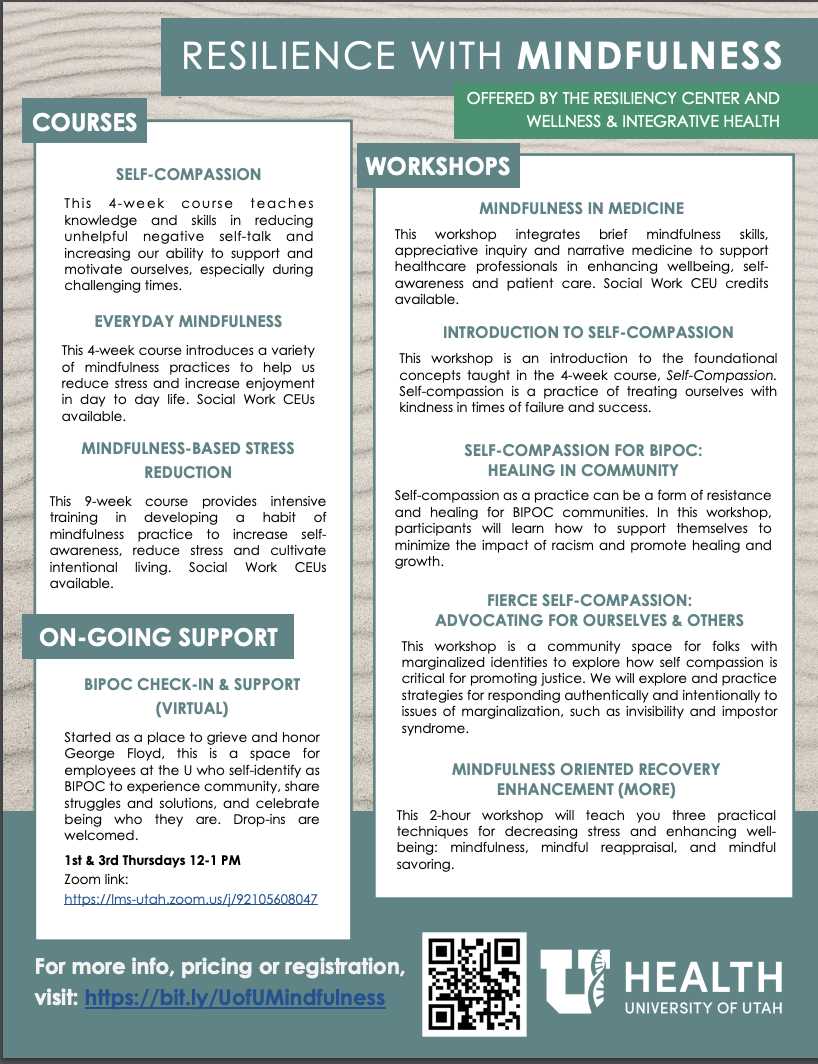
Scientific research has provided substantial evidence supporting the effectiveness of mindfulness in enhancing resilience to stress. Numerous studies have demonstrated the positive impact of mindfulness practices on various aspects of mental and physical well-being.
Mindfulness promotes relaxation and calmness, allowing individuals to better manage stress. Through cultivating awareness and non-judgmental acceptance of the present moment, mindfulness helps individuals develop resilience and cope with challenging situations.
Research has shown that regular mindfulness meditation can reduce the physiological and psychological symptoms of stress. Studies have found that mindfulness-based interventions can lead to lower levels of perceived stress, anxiety, and depressive symptoms.
Additionally, mindfulness has been found to enhance cognitive functions such as attention and working memory, which are crucial for maintaining a balanced mental state. By training the mind to focus and redirect attention, mindfulness helps individuals stay present and avoid being overwhelmed by stressors.
Furthermore, scientific evidence suggests that mindfulness can have a positive impact on the body’s stress response system. Studies have shown that mindfulness practices can reduce the production of stress hormones such as cortisol, promoting a state of physiological balance and reducing the harmful effects of chronic stress.
In conclusion, scientific research supports the efficacy of mindfulness in enhancing resilience to stress. By promoting relaxation, awareness, and balance, mindfulness practices such as meditation can help individuals build resilience and cope with the challenges of daily life.
Resilience: The Ability to Bounce Back

Resilience is the ability to bounce back from adversity and overcome challenges with a sense of awareness, relaxation, and balance. It is the capacity to adapt and cope with stress, allowing individuals to maintain their well-being and mental health.
In today’s fast-paced and demanding world, stress has become a common part of life. Whether it is caused by work pressures, relationship problems, or financial difficulties, stress can have a significant impact on our overall well-being. However, resilience can help us navigate through these challenges and maintain a sense of calmness and stability.
Mindfulness meditation is a powerful tool that can enhance resilience. By practicing mindfulness, individuals can cultivate a greater awareness of their thoughts, emotions, and physical sensations. This self-awareness allows them to recognize and acknowledge stressors, and respond to them in a more balanced and constructive way.
Through mindfulness meditation, individuals learn to observe their thoughts and emotions without judgment, allowing them to develop a greater sense of calmness and clarity. This practice helps to reduce the negative impact of stress on the mind and body, promoting resilience and well-being.
Resilience is not about avoiding stress or eliminating it completely from our lives. Instead, it is about developing the skills and mindset to cope with stress effectively. By cultivating mindfulness and practicing meditation, individuals can build the resilience needed to bounce back from adversity and maintain their well-being in the face of challenges.
So, if you want to enhance your resilience and improve your ability to bounce back from stress, consider incorporating mindfulness meditation into your daily routine. Embrace the power of awareness, relaxation, and balance, and discover the transformative effects of mindfulness on your overall well-being.
The Definition of Resilience
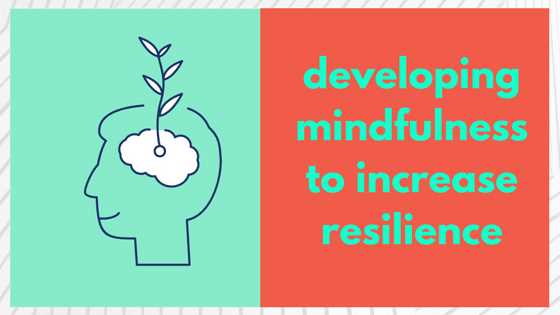
Resilience is the ability to bounce back and adapt in the face of adversity. It is the capacity to maintain a sense of balance and well-being despite the challenges and stressors that life throws our way. Mindfulness plays a crucial role in enhancing resilience by promoting self-care and stress management.
Mindfulness is the practice of bringing one’s attention to the present moment with non-judgmental awareness. Through meditation and cultivating awareness, mindfulness helps individuals develop the skills to respond to stress in a more calm and measured way. It allows for a deeper understanding of one’s emotions and thoughts, enabling relaxation and a greater sense of control.
By incorporating mindfulness into daily life, individuals can strengthen their resilience to stress. It provides a foundation for self-care, allowing individuals to recognize and prioritize their needs. This self-awareness helps prevent burnout and fosters a healthier relationship with stress.
Resilience is not about avoiding stress or eliminating all challenges; it is about building the capacity to navigate them with grace and strength. Mindfulness offers a pathway to resilience by cultivating a mindset of acceptance, adaptability, and growth. It empowers individuals to face adversity head-on and bounce back stronger than before.
The Importance of Resilience
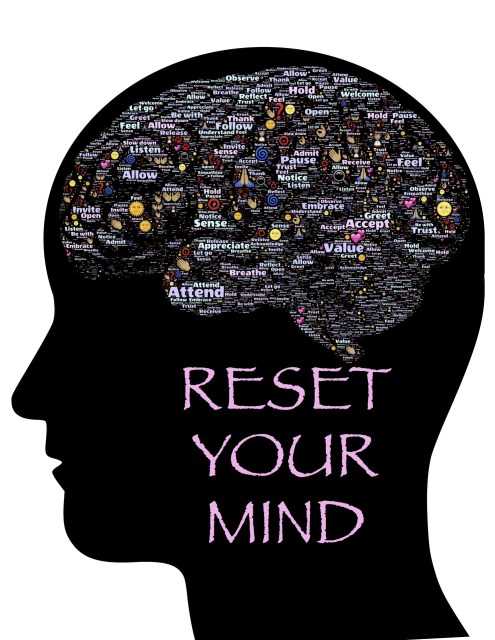
Resilience is an essential quality that plays a crucial role in our ability to navigate and overcome stress and challenges in life. It refers to the capacity to bounce back from difficult situations and adapt to adversity with strength and determination.
Being resilient allows us to maintain a sense of awareness and calmness even in the face of stress. It enables us to approach stressful situations with a clear mind and make rational decisions rather than being overwhelmed by emotions.
Mindfulness and resilience are closely intertwined. Mindfulness, which involves being fully present in the moment and accepting it without judgment, can enhance our resilience by helping us develop a greater awareness of our thoughts, emotions, and physical sensations. Through practices such as meditation and relaxation techniques, mindfulness allows us to cultivate a sense of inner calmness and reduce the impact of stress on our well-being.
Resilience is not only essential for managing stress, but it also plays a significant role in our overall well-being. By building resilience, we can better cope with life’s challenges and setbacks, improving our mental and emotional health. It allows us to bounce back from difficult situations and continue moving forward with a positive mindset.
Practicing self-care is an integral part of building resilience. Taking care of our physical, mental, and emotional needs helps us maintain our resilience and prevent burnout. Engaging in activities that bring us joy, seeking support from loved ones, and practicing mindfulness and relaxation techniques are all important aspects of self-care.
In conclusion, resilience is a valuable quality that can greatly enhance our ability to navigate stress and challenges in life. By cultivating mindfulness and practicing self-care, we can strengthen our resilience and improve our overall well-being.
Factors Affecting Resilience

Resilience is influenced by various factors, including relaxation, mindfulness, awareness, meditation, calmness, self-care, and balance.
Relaxation techniques, such as deep breathing exercises and progressive muscle relaxation, can help individuals manage stress and build resilience. By engaging in these practices regularly, individuals can learn to activate their body’s relaxation response and reduce the negative effects of stress.
Mindfulness, or the practice of paying attention to the present moment without judgment, has been shown to enhance resilience. By cultivating mindfulness, individuals can develop a greater awareness of their thoughts and emotions, allowing them to respond to stressors in a more adaptive manner.
Awareness of one’s own strengths and limitations is also a key factor in resilience. By recognizing and utilizing their strengths, individuals can approach challenges with confidence and optimism. Similarly, acknowledging and accepting limitations can help individuals avoid unnecessary stress and focus on areas where they can make a positive impact.
Meditation, a practice that involves focusing attention and eliminating the stream of thoughts, can promote resilience by fostering a sense of calmness and inner peace. Regular meditation can help individuals develop the ability to stay centered and grounded in the face of adversity.
Self-care plays a crucial role in resilience. Engaging in activities that promote physical, mental, and emotional well-being, such as exercise, healthy eating, and getting enough sleep, can enhance an individual’s ability to cope with stress and bounce back from challenges.
Finally, finding a balance between work, relationships, and leisure is essential for resilience. Overcommitting and neglecting self-care can lead to burnout and decreased resilience. By prioritizing and managing time effectively, individuals can maintain a healthy work-life balance and build resilience.
Mindfulness and Resilience Connection
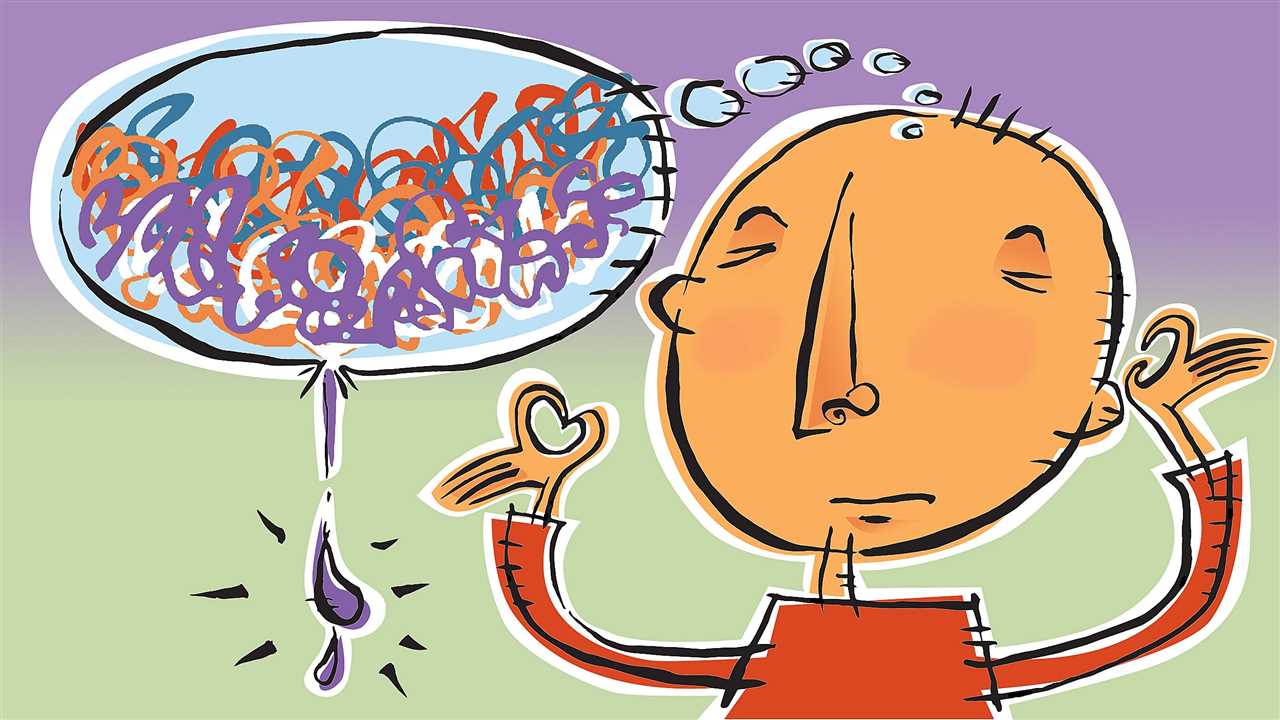
Mindfulness and resilience are interconnected concepts that can greatly enhance one’s ability to cope with stress and adversity. Mindfulness, which involves cultivating a state of calmness and non-judgmental awareness, can help individuals develop a greater sense of balance and self-care.
Resilience, on the other hand, refers to the ability to bounce back from challenges and setbacks. By practicing mindfulness, individuals can cultivate the necessary skills and mindset to effectively manage stress and build resilience.
Mindfulness practices such as meditation and relaxation techniques can help individuals develop a deeper sense of self-awareness and emotional regulation. This increased awareness allows individuals to better recognize and respond to stressors in a healthy and constructive manner.
Through mindfulness, individuals can learn to observe their thoughts and emotions without judgment, allowing them to maintain a sense of calmness even in the face of adversity. This sense of calmness can help individuals navigate stressful situations with greater clarity and focus.
Additionally, mindfulness can help individuals develop a greater sense of balance in their lives. By practicing self-care and prioritizing relaxation, individuals can create a solid foundation for resilience. Taking the time to engage in activities that promote relaxation and rejuvenation can help individuals recharge and build mental and emotional resilience.
In conclusion, the connection between mindfulness and resilience is clear. By cultivating a state of calmness, awareness, and balance through mindfulness practices, individuals can enhance their ability to cope with stress and build resilience. Incorporating mindfulness techniques into daily life can lead to improved well-being and a greater capacity to overcome challenges.
How Mindfulness Improves Resilience
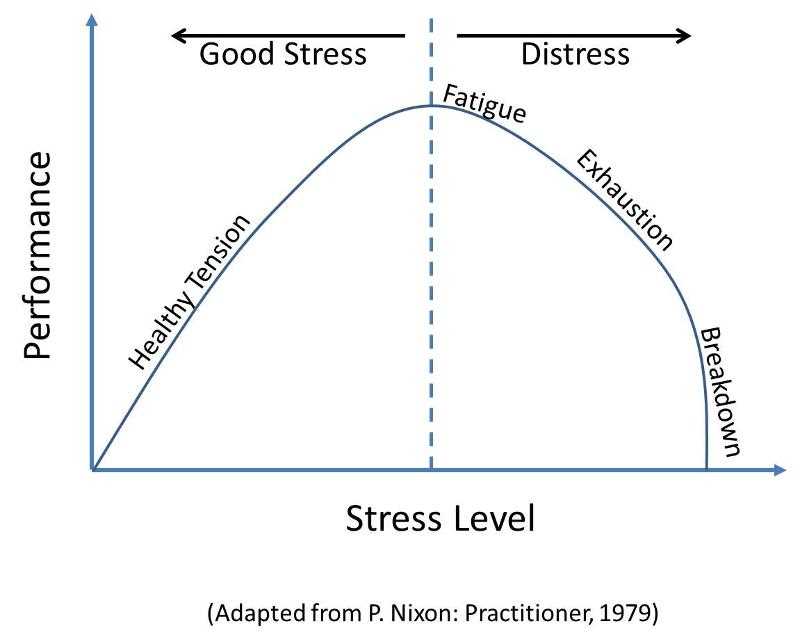
Mindfulness, through practices such as meditation, can greatly enhance resilience to stress. By cultivating a state of awareness and relaxation, individuals are better able to cope with the challenges and demands of everyday life.
One of the key benefits of mindfulness is its ability to promote a sense of calmness and balance. When faced with stressful situations, individuals who practice mindfulness are more likely to maintain a level-headed approach and make rational decisions.
Mindfulness also encourages self-care, which is essential for building resilience. Taking the time to prioritize one’s mental and physical well-being can help individuals better manage stress and bounce back from adversity.
Through mindfulness practices, individuals develop a heightened awareness of their thoughts, emotions, and bodily sensations. This increased self-awareness allows them to recognize and address stressors more effectively, leading to improved resilience.
Furthermore, mindfulness enables individuals to cultivate a sense of presence and acceptance in the present moment. Rather than dwelling on past regrets or worrying about the future, individuals can focus on the here and now, reducing stress and building resilience.
In summary, mindfulness plays a crucial role in enhancing resilience to stress. By promoting awareness, relaxation, and self-care, individuals can better navigate the challenges of life and maintain a sense of calmness and balance.

I am Patrina de Silva, a psychologist and mental health blogger in Sri Lanka. After obtaining psychology degrees from the University of Colombo and Monash University, I returned home to work as a counselor while also starting the popular blog “Pressy but Happy” to provide advice on psychological issues. Over the past decade, my empathetic articles have made my blog a leading mental health resource in the country. In addition to writing, I maintain a private therapy practice, frequently volunteer counseling time, and conduct seminars, driven by my passion for destigmatizing mental illness and educating the public on the mind-body connection. I strive to be an influential voice in my field through my compassionate approach.
